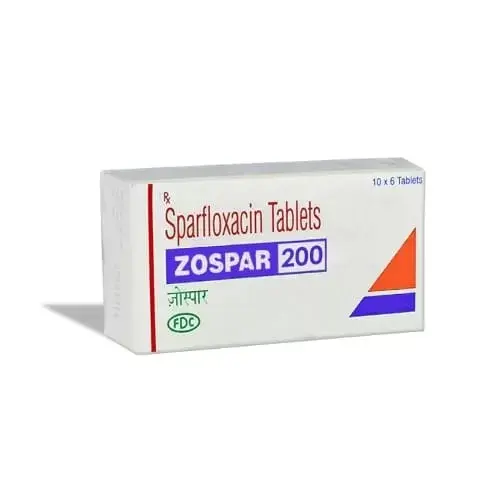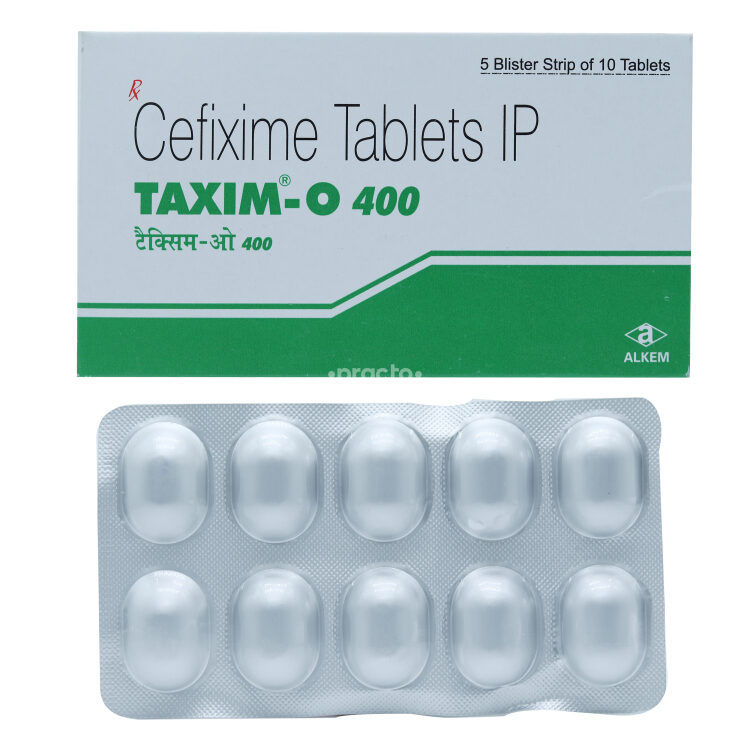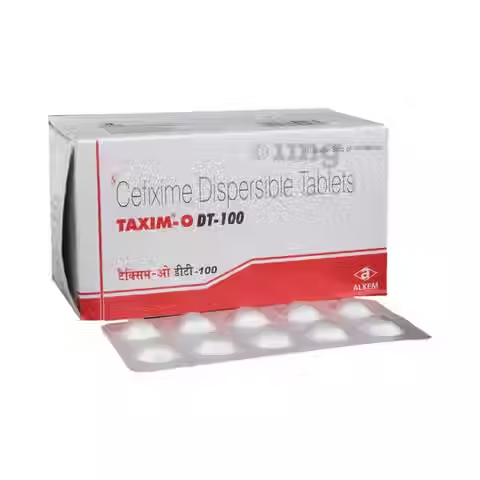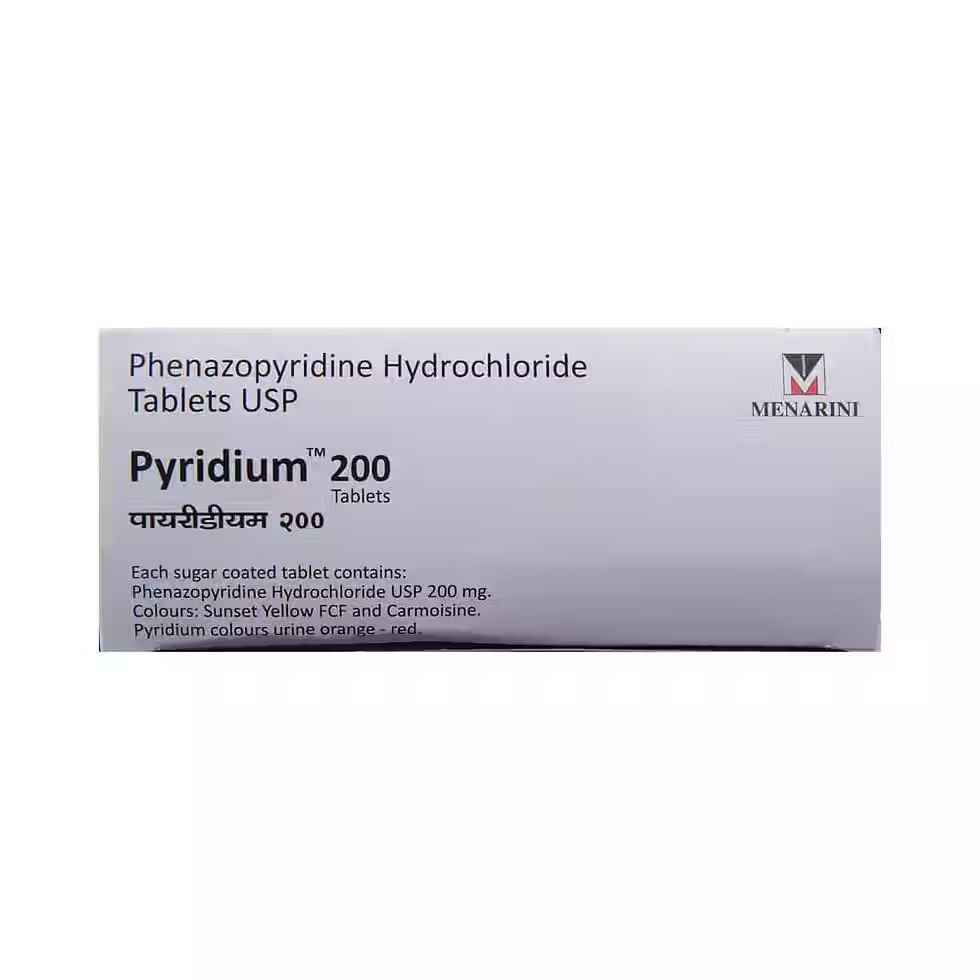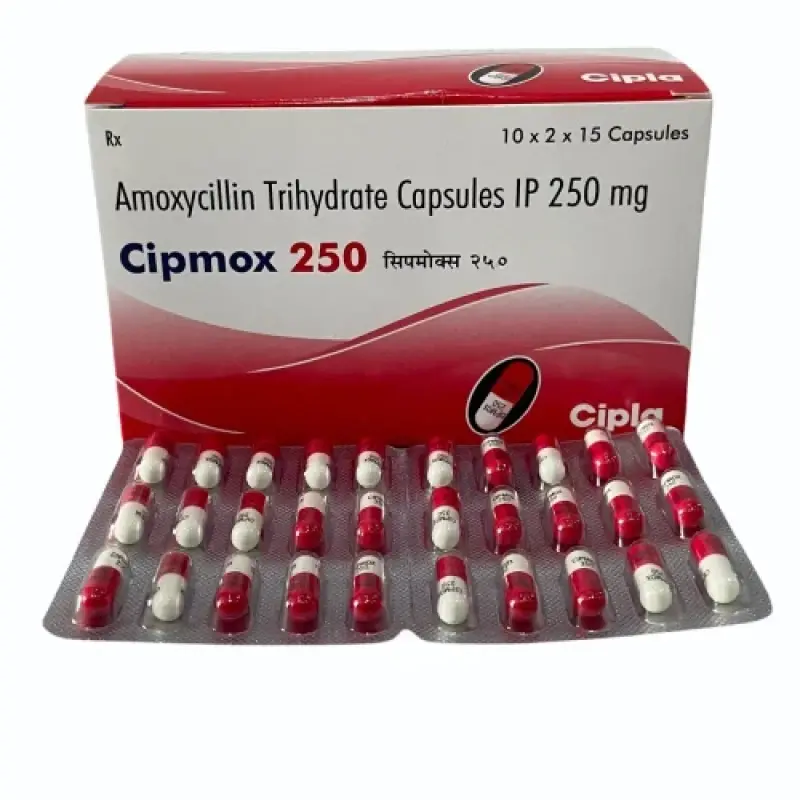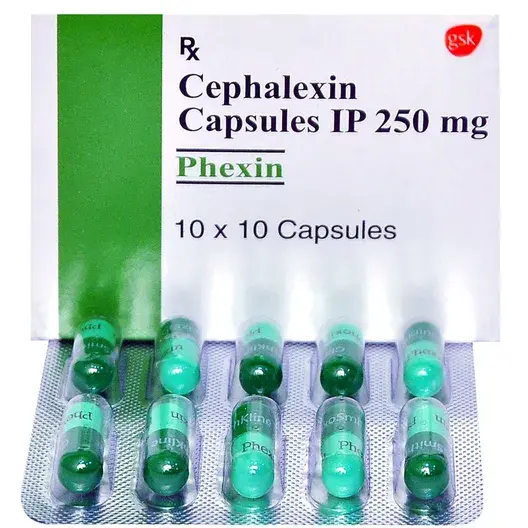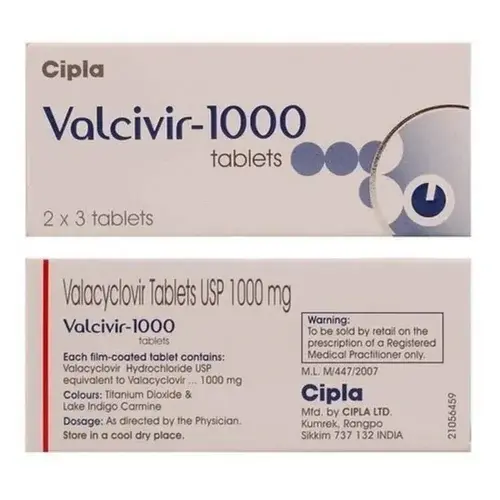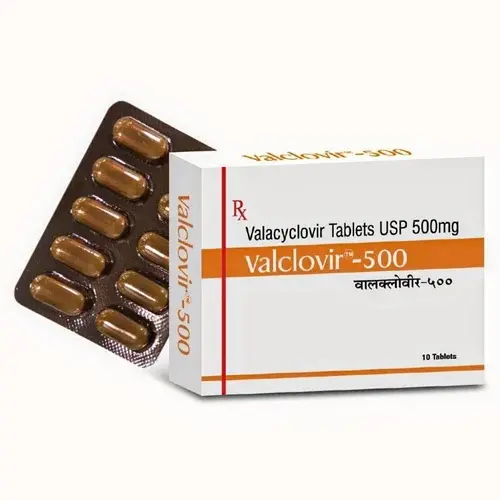“Antiviral” refers to a class of medications designed to inhibit the replication of viruses within the human body. Unlike antibiotics, antivirals target specific stages of a virus’s life cycle—blocking entry into cells, preventing genome replication, or halting assembly of new viral particles. Common examples include Acyclovir for herpes, Oseltamivir for influenza, and Remdesivir for COVID-19.
-
Fever & Chills: Often the first sign of viral illness
-
Respiratory: Cough, sore throat, nasal congestion (influenza, COVID-19)
-
Dermatologic: Cold sores or shingles blisters (herpes simplex, VZV)
-
Gastrointestinal: Nausea, vomiting, diarrhea (norovirus, rotavirus, hepatitis)
-
Systemic: Fatigue, body aches, headaches
-
-
Direct Contact: Person-to-person via respiratory droplets or skin lesions
-
Ingestion: Contaminated food or water (hepatitis A, enteroviruses)
-
Vector-Borne: Mosquitoes or ticks (dengue, Zika)
-
Bloodborne: Needlestick injuries or transfusions (hepatitis B/C, HIV)
-
Vertical Transmission: Mother to child during birth or breastfeeding (HIV, CMV)
-
-
Stress & Fatigue: Can reactivate latent viruses like HSV or VZV
-
Immunosuppression: Chemotherapy, steroids, HIV infection
-
Seasonal Changes: Cooler, drier months favor respiratory viruses
-
Co-infections: Concurrent illnesses that weaken immunity
-
Environmental Exposure: Crowded or poorly ventilated spaces
-
-
Clinical Evaluation: Symptom history and physical exam
-
Laboratory Tests:
-
PCR & NAAT: Detect viral genetic material (e.g., SARS-CoV-2, influenza)
-
Antigen Tests: Rapid detection of viral proteins
-
Serology: Antibody titers indicating past or current infection
-
-
Imaging: Chest X-ray/CT for complications in respiratory infections
-
Specialized Assays: Liver function tests for hepatitis, CD4 count for HIV
-
-
Nucleoside Analogues:
-
Acyclovir, Valacyclovir, Famciclovir for herpesvirus infections
-
-
Neuraminidase Inhibitors:
-
Oseltamivir, Zanamivir for influenza A & B
-
-
RNA Polymerase Inhibitors:
-
Remdesivir, Favipiravir for COVID-19 and other emerging viruses
-
-
Protease Inhibitors & Entry Inhibitors:
-
Used in HIV therapy (e.g., Ritonavir, Maraviroc)
-
-
Hepatitis-Specific Agents:
-
Sofosbuvir, Ledipasvir for Hepatitis C; Tenofovir, Entecavir for Hepatitis B
-
-
Supportive Care: Antipyretics, hydration, rest, and monitoring for complications
-
Q1: How soon should antivirals be started?
A: Most—for example, Oseltamivir or Acyclovir—are most effective when begun within 48 hours of symptom onset.
Q2: Can antivirals prevent infection?
A: Some (like oseltamivir) may be used prophylactically during outbreaks; others treat only active infections.
Q3: Are there side effects?
A: Common ones include nausea, headache, and occasionally kidney or liver function changes—monitor labs per prescribing information.
Q4: Do antivirals cure viral infections?
A: They suppress viral replication and reduce severity but may not eradicate latent viruses (e.g., herpes).
Q5: How can I reduce the risk of resistance?
A: Take full prescribed courses, avoid unnecessary use, and follow up with your healthcare provider for monitoring.
